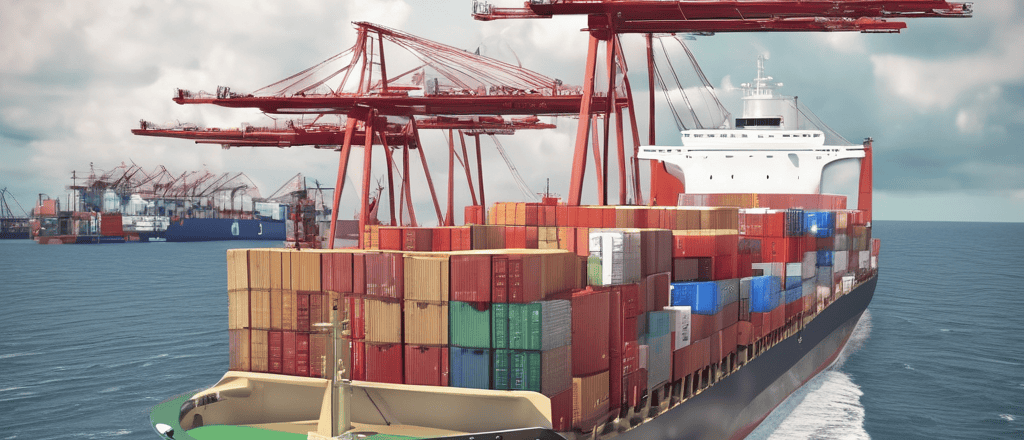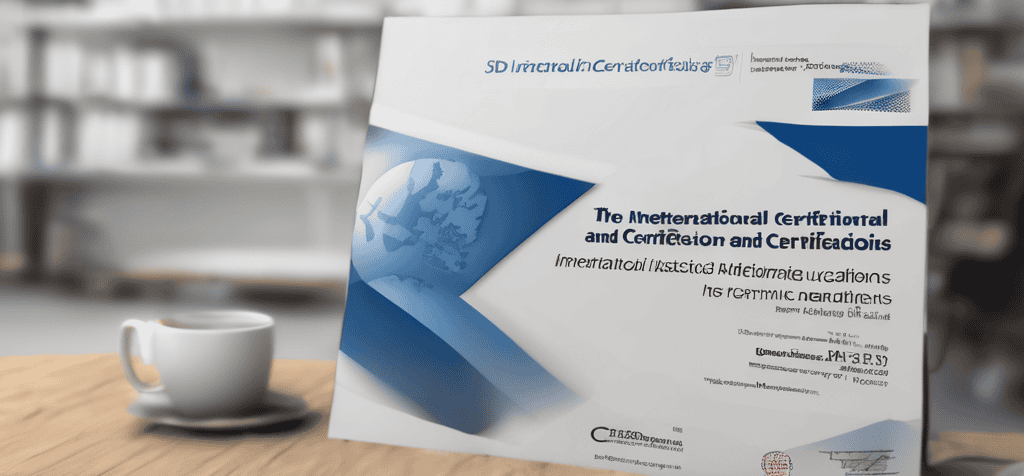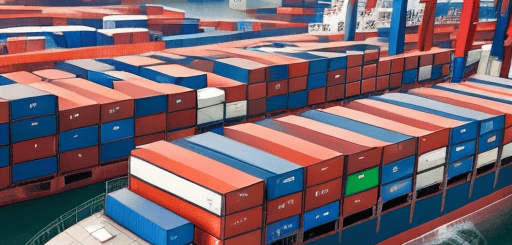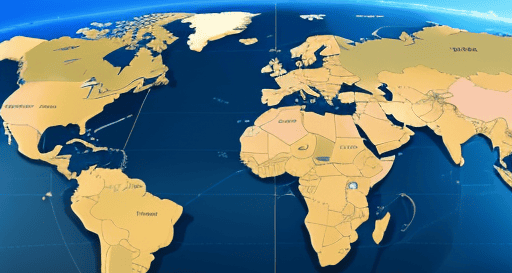In conclusion, international trade agreements play a pivotal role in shaping the global business landscape, offering opportunities for market access, regulatory harmonization, risk mitigation, and economic growth. By understanding their impact and adopting proactive strategies, businesses can navigate the complexities of the international marketplace and unlock the full potential of global trade agreements.
International trade agreements wield substantial influence over the dynamics of global commerce, shaping market access, trade rules, and business strategies. Understanding their impact is pivotal for businesses navigating the complexities of the international marketplace. Here, we delve into the significance of international trade agreements and their profound implications for global business.
Unlocking Market Access and Opportunities
International trade agreements facilitate market access by reducing trade barriers such as tariffs, quotas, and regulatory restrictions. By fostering a more open and competitive environment, these agreements create opportunities for businesses to expand into new markets, increase export volumes, and access a broader customer base. Moreover, preferential trade agreements, such as free trade agreements (FTAs) and regional trade blocs, offer tariff concessions and preferential treatment to member countries, further enhancing market opportunities.
Harmonizing Regulatory Standards
One of the key functions of international trade agreements is to harmonize regulatory standards and facilitate regulatory cooperation between countries. By aligning standards for product safety, labeling, and certification, these agreements reduce trade barriers arising from divergent regulatory requirements. Harmonization streamlines compliance processes for businesses, minimizes costs associated with product testing and certification, and enhances market access by ensuring product compliance with international standards.
Mitigating Risks and Uncertainties
International trade agreements provide a framework for resolving trade disputes and mitigating risks arising from trade tensions and geopolitical uncertainties. Dispute settlement mechanisms embedded within these agreements offer recourse for businesses facing trade barriers, unfair trade practices, or disputes over market access. Moreover, the stability and predictability afforded by trade agreements contribute to a conducive business environment, fostering investor confidence and reducing uncertainty in global markets.
Driving Economic Growth and Competitiveness
The proliferation of international trade agreements has fueled economic growth and enhanced global competitiveness by promoting trade liberalization and economic integration. By fostering cross-border investment, technology transfer, and specialization, these agreements stimulate innovation, productivity, and efficiency gains, driving overall economic prosperity. Moreover, increased competition resulting from trade liberalization incentivizes businesses to innovate, improve product quality, and enhance competitiveness, ultimately benefiting consumers through lower prices and greater product variety.
Strategies for Maximizing Opportunities
To capitalize on the opportunities presented by international trade agreements, businesses should adopt proactive strategies tailored to their specific markets and objectives. This may include:
- Conducting market research to identify target markets and assess market potential.
- Leveraging preferential trade agreements to gain tariff preferences and competitive advantages.
- Ensuring compliance with regulatory requirements and standards to facilitate market access.
- Building strategic partnerships and alliances to navigate complex international markets effectively.
- Monitoring regulatory developments and changes in trade policies to anticipate risks and opportunities.
#InternationalTrade #TradeAgreements #GlobalBusiness #MarketAccess #RegulatoryHarmonization #TradeDisputes #EconomicGrowth #BusinessStrategy #GlobalCommerce #TradeOpportunities
Read more views















































































